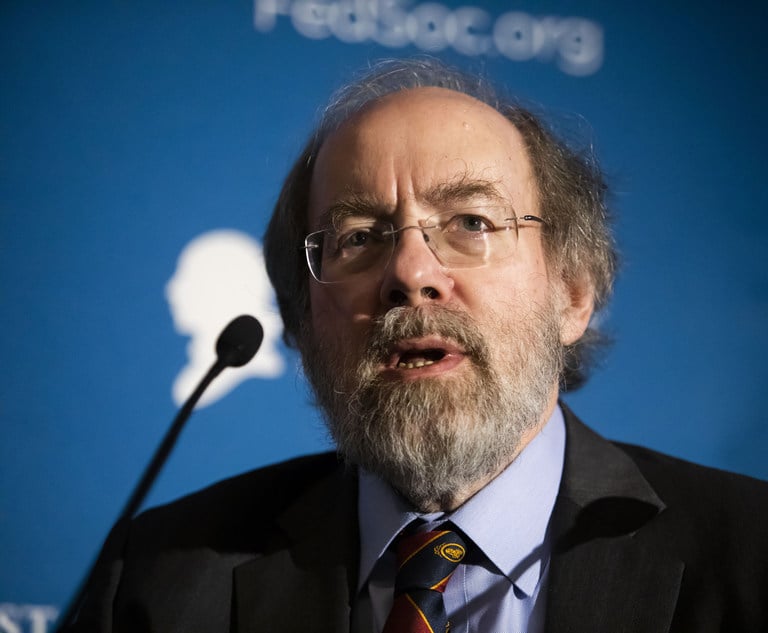During the last two decades, U.S. Supreme Court justices have become less like traditional inquisitors during oral arguments and more like advocates for their own positions, a reflection of a politically polarized Congress and society, according to a new empirical study.
Examining more than 6,000 argument transcripts from 1960 to 2015, the study’s authors—Tonja Jacobi of Northwestern University Pritzker School of Law and Matthew Sag of Loyola University Chicago School of Law—found what they describe as a dramatic change in the justices’ behavior post-1995 as the “Republican Revolution” in Congress took hold.


 U.S. Supreme Court building in Washington, D.C.
U.S. Supreme Court building in Washington, D.C.





